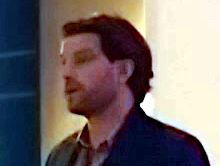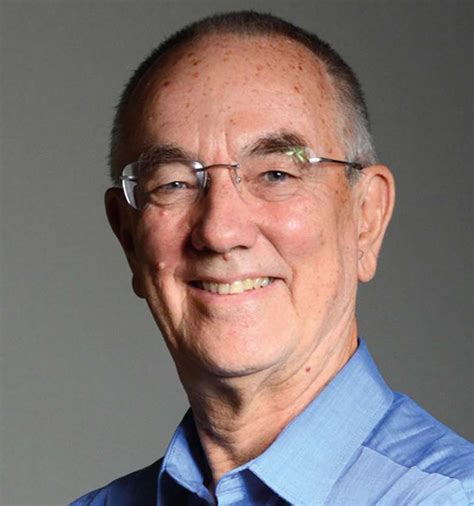A Quote by Ella Wheeler Wilcox
Through strife the slumbering soul awakes, We learn on error's troubled route The truths we could not prize without The sorrow of our sad mistakes.
Related Quotes
Let no one pray that they know not sorrow,
Let no soul ask to be free from pain,
For the gall of to-day is the sweet of to-morrow,
And the moment's loss is the lifetime's gain.
Through want of a thing does its worth redouble,
Through hunger's pangs does the feast content,
And only the heart that has harboured trouble
Can fully rejoice when joy is sent.
Let no one shrink from the bitter tonics
Of grief, and yearning, and need, and strife,
For the rarest chords in the soul's harmonics
Are found in the minor strains of life.
I believe that our society's "mistake-phobia" is crippling, a problem that begins in most elementary schools, where we learn to learn what we are taught rather than to form our own goals and to figure out how to achieve them. We are fed with facts and tested and those who make the fewest mistakes are considered to be the smart ones, so we learn that it is embarrassing to not know and to make mistakes. Our education system spends virtually no time on how to learn from mistakes, yet this is critical to real learning.
We could learn to stop when the sun goes down and when the sun comes up. We could learn to listen to the wind; we could learn to notice that it's raining or snowing or hailing or calm. We could reconnect with the weather that is ourselves, and we could realize that it's sad. The sadder it is, and the vaster it is, the more our heart opens. We can stop thinking that good practice is when it's smooth and calm, and bad practice is when it's rough and dark. If we can hold it all in our hearts, then we can make a proper cup of tea.
It is abundantly evident that, however natural it may be for us to feel sorrow at the death of our relatives, that sorrow is an error and an evil, and we ought to overcome it. There is no need to sorrow for them, for they have passed into a far wider and happier life. If we sorrow for our own fancied separation from them, we are in the first place weeping over an illusion, for in truth they are not separated from us; and secondly, we are acting selfishly, because we are thinking more of our own apparent loss than of their great and real gain.
The cure of the part should not be attempted without treatment of the whole. No attempt should be made to cure the body without the soul. Let no one persuade you to cure the head until he has first given you his soul to be cured, for this is the great error of our day, that physicians first separate the soul from the body.
Fail is a verb not a noun, most people think that when they fail, they become a noun and call themselves failures. People have to learn from their mistakes just as children learn to ride bicycles by falling off bicycles. Mistakes can be priceless if we are willing to learn from them because the price to becoming rich is the willingness to make mistakes and learn from them without blaming or justifying



































